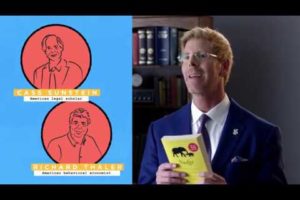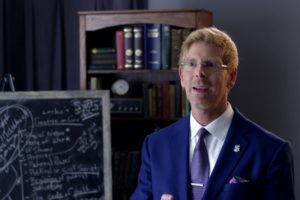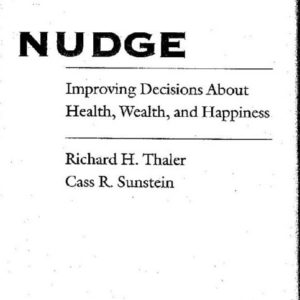Lesson 11 Lesson 11: Hayek: Libertarian Paternalism
Presented by: Dr. Jay Richards
Busch School of Business and Economics at the Catholic University of America
“Nudge” Economics and the Conditioning of Choice
Behavioral Economics is an increasingly influential school of economic thought that draws heavily on the insights of modern psychology. It takes a pessimistic view toward an individual’s ability to act rationally and make good decisions. But “good” by whose measure? “Libertarian paternalism” is one middle way that allows for a wide domain of personal choice while still arranging choice objects in such a way as to lead people to better choices as determined by experts. Students in this lesson will ask: are human choices “predictably irrational?” Are we ever wholly “free to choose”?
Key Concepts: (1) Choice Architecture, (2) Libertarian Paternalism, (3) Status Quo Bias, (4) Nudge

Learn More
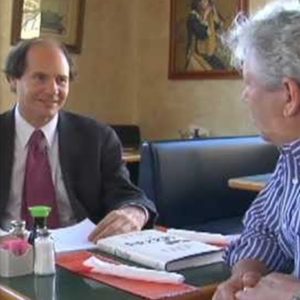 Video
Video
Richard Thaler and Cass Sunstein. Nudge: Improving Decisions About Health, Wealth, and Happiness. (New York, NY: Penguin Books, 2008, 2009). “Introduction,” pp. 1-16, and Chapter 13, “Improving School Choices,” pp. 201-208.
Watch Now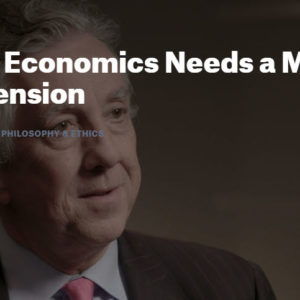 Video
Video
“Why Economics Needs a Moral Dimension” with Rob Johnson and Michael Sandel (from the Institute for New Economic Thinking and Harvard University)
Watch Now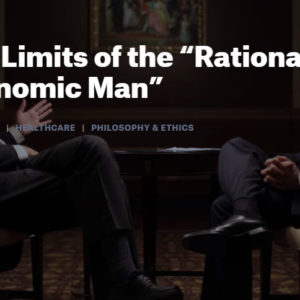 Video
Video
“The Limits of the ‘Rational Economic Man’” with Greg Mankiw and Michael Sandel (from the Institute for New Economic Thinking and Harvard University)
Watch Now Video
Video
“Behavioral Economics: Why Do We Make Poor Decisions?” with Antony Davies and ErikaGrace Davies & Learn Liberty
Watch Now

